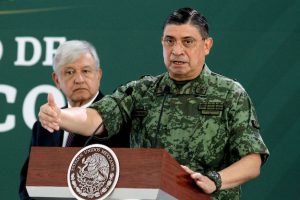
AMLO’s Risky Bet on the Military
Mexico’s president is relying heavily on the armed forces to stop crime and violence, but his approach could backfire.

Mexico’s president is relying heavily on the armed forces to stop crime and violence, but his approach could backfire.
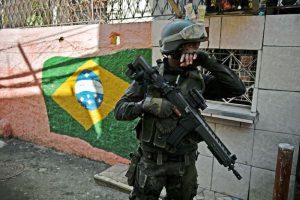
A common denominator unites Brazil’s Jair Bolsonaro and Mexico’s Andrés Manuel López Obrador.
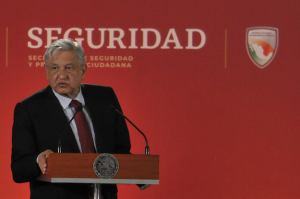
Without independent players, corruption and crime will continue to plague Mexico.

Latin American nations helped preserve Antarctica for peaceful purposes, a story still relevant today.
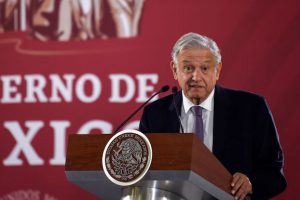
Congress took an important step toward approving AMLO’s controversial national guard proposal, but obstacles remain.

Cycling activist Aline Cavalcante is confronting the supremacy of cars in Brazil’s largest city.
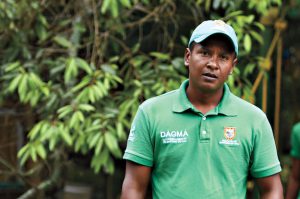
A young man from Cali, Colombia, goes from gang member to community leader and peacemaker.
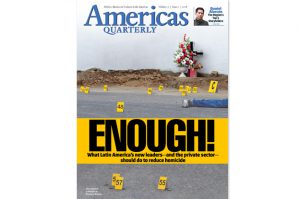
The region accounts for 8 percent of the world’s population, but a third of its homicides. A new issue of AQ showcases inspiring people working to change that.
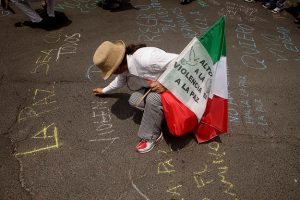
After a record 29,000 murders in 2017, President-elect Andrés Manuel López Obrador has a historic opportunity to reduce violence in Mexico when he takes office in December. How best to do it? Experiences elsewhere in Latin America show progress is possible, and that the private sector and civil society must also play a role. Join Americas … Read more

A small but meaningful initiative in Mexico shows how the private sector can help address crime.

An innovative new program identifies potential murder victims — and whisks them away before it’s too late.

A small but meaningful initiative in Mexico shows how the private sector can help address crime.
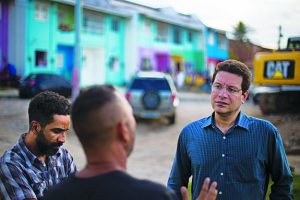
In a murder-plagued Brazilian city, a legislator pushes against popular clamor for hard-line enforcement.
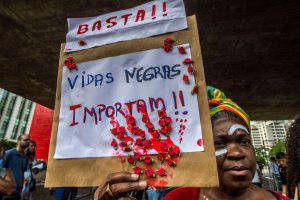
A new study shows that violence costs Brazil more than 4 percent of GDP. Here’s how security policy could be more cost-effective.

Soaring coca cultivation and a troubled peace deal will demand attention, but most voters are worried about other priorities.